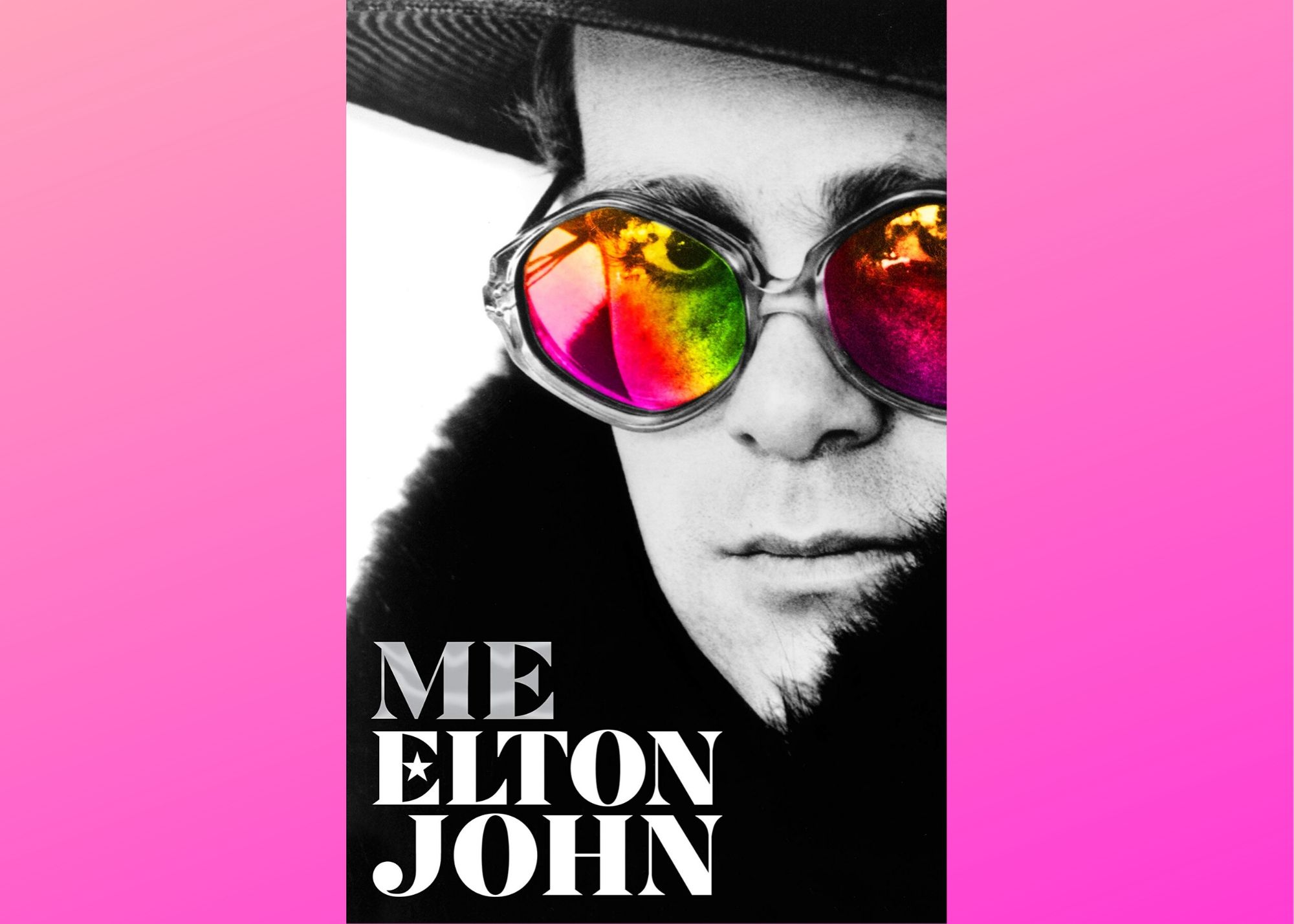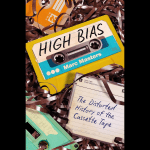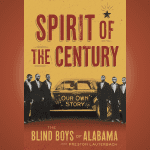THE READING ROOM: A Piano-Side View of Elton John’s Life and Career

Elton John is never going to let the sun go down on him. His rollicking memoir Me opens the curtains to reveal the highs and lows, the hopes and dreams, the rapid ascent to stardom and the just as rapid descent from that pinnacle. Me gives his fans a chance to laugh and cry with him as he shares his anxieties and fears, both personal and professional. Anyone curious about John’s life and career can open Me to just about any page and find vivid details about his early struggles with his sexuality, his love of glam — the eyeglasses, the eyeglasses — and his flamboyant stage shows. Above all, anyone flipping through Me will discover a performer whose innate grasp of music, insatiable curiosity about the details of the music business (and incessant need for control of the details of his own career), and limitless creativity — often combining the elements of pop, classical, and jazz in his music — carried him into the rock stratosphere, a place he wanted to occupy since his mother brought home a copy of Elvis’ “Heartbreak Hotel” on its release.
Me chronicles John’s difficulties with his parents: his mostly absent RAF father, his loving though often terrifying mother, his doting grandparents, and his attentive stepfather, Fred, who encourages the young John’s musical aspirations. As with almost any music memoir, though, the most compelling threads of the narrative are the artist’s reflections on music and making music. John’s captivating words describe his early exposure to rock and roll and the ways that it launched the young rocket man into interstellar space. “Rock ‘n’ roll … seemed to come out of nowhere, so fast that it was hard to take in how completely it had altered everything. One minute pop music … was polite and schmaltzy and aimed at parents, who didn’t want to hear anything too exciting or shocking; they’d had enough of that to last them a lifetime living through a war. The next, it meant Jerry Lee Lewis and Little Richard, these guys who sounded unintelligible, like they were foaming at the mouth when they sang and who your parents hated. … Rock ‘n’ roll was like a bomb that wouldn’t stop going off: a series of explosions that came so thick and fast it was hard to work out what was happening. Suddenly, there seemed to be one incredible record after another. ‘Hound Dog,’ ‘Blue Suede Shoes,’ ‘Whole Lotta Shakin’ Goin’ On,’ ‘Long Tall Sally,’ ‘That’ll Be the Day,’ ‘Roll Over Beethoven,’ ‘Reet Petite.’”
As each new record came out, John tried to keep up. He gets a part-time job at a wine shop to earn some money, and his salary goes directly to purchasing records from the shop next door. Even now, he writes, he’s still not good at keeping money in his pocket if there is something he wants to buy, and those early purchases set him on his lifetime of accumulating glamorous and lavish outfits, homes in London, Nice, Los Angeles, and Atlanta, and the antiques that fill these houses — and a few warehouses. He also holds nothing back as he prepares lavish and stunning stage shows, each designed to top the previous shows.
The explosive rhythms of that early music exposure and the flamboyance of the musicians fueled the dreams of the shy, pudgy Reginald Dwight — the name by which John is christened at birth. As a child he dreams of being a musician — “those dreams had taken many forms: sometimes I was Little Richard, sometimes Jerry Lee Lewis, sometimes Ray Charles.” The young Dwight gets his break when he joins Bluesology, the band fronted by the great Long John Baldry. He tries his hand at writing songs, but those early efforts fail to attract much attention. After one memorable night with Bluesology, Dwight decides to strike off on his own and he changes his name to Elton John — taking the first name from Elton Reed, a musician in Bluesology, and the last name from John Baldry. He then meets up with Bernie Taupin. Bernie, writes John, “was extremely sophisticated for a seventeen-year-old: long-haired, very handsome, very well read, a huge Bob Dylan fan. So we’d started writing songs together, or rather, not together. He’d send me lyrics from Lincolnshire, I’d write music at home … we’d come up with dozens and dozens of songs that way.” The rest of the story, of course, eventually makes the John-Taupin partnership as well-known as Lennon-McCartney, Leiber-Stoller, Boyce-Hart, and Goffin-King.
By the time he’s 23, John is performing his first gig in America, at the Troubadour in L.A. “The audiences were greeted by the sight of a man in bright yellow dungarees, a long-sleeved T-shirt covered in stars and a pair of heavy workman’s boots, also bright yellow, with a large set of blue wings sprouting from them. This was not the way sensitive singer-songwriters in America in 1970 looked. This was not the way anyone of sound mind looked.”
The biggest surprise — and a terrifying, nerve-wracking moment — to John that night is to look out from the stage during his set and see Leon Russell in the second row. “I couldn’t tear my eyes off him, even though looking at him made the bottom fall out of my stomach. … I had to pull myself together. I had to do something to take my mind off the fact that Leon Russell was watching me. I jumped to my feet and kicked my piano stool away. I stood there, knees bent, pounding at the keys like Little Richard. I dropped to the floor, balancing on one hand and playing with the other my head under the piano. Then I stood up, threw myself forward and did a handstand on the keyboard. Judging by the noise the audience made, they hadn’t expected that either.” When Russell walks backstage following the show — his face as “impassive and mean as it had seemed from the stage” — John fears Russell is going to tell John that he’s terrible at piano. Instead, Russell asks John if he wants to tour with him.
Elton John tells a cracking good story, injecting humor and pathos into the scenes of his life. Fans who can’t get enough of Elton John will absolutely love the book and find it a page-turner, as will readers simply curious about John’s career and life. Me provides a fitting accompaniment to John’s farewell tour, which carries him skipping off the yellow brick road at the end of 2020. Me is an oversize accomplishment for an oversize star of our time who’s illustrated that rock and roll never dies as long as you pull the strings behind the curtain and control the details of your music and life.




